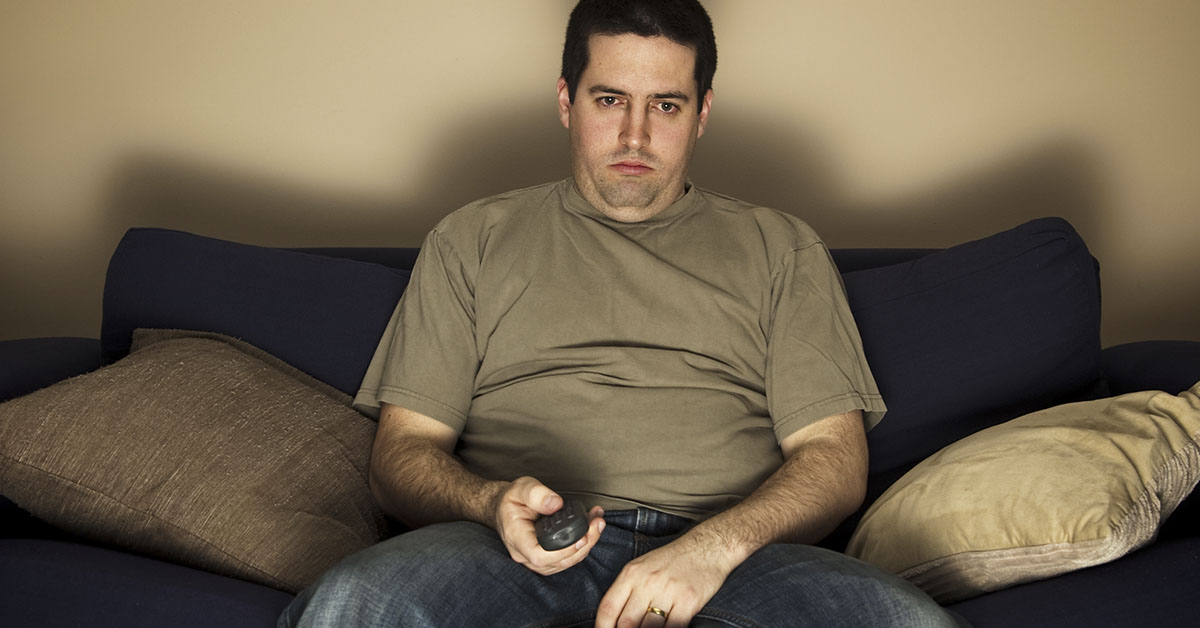As people age, many find themselves more content with a quiet evening in than a night on the town. The urge to stay home becomes stronger, not because life gets boring, but because priorities shift. The things that once felt exciting, like crowded restaurants, loud concerts, or long drives, begin to lose their appeal. This change doesn’t happen overnight. It builds slowly, shaped by physical energy, emotional needs, and changing social dynamics. Even the simple joy of being in one’s own space can start to outweigh the pull of constant activity. Whether it’s comfort, convenience, or a desire for peace, people have plenty of good reasons to say “no thanks” to plans. Here are 30 key reasons why so many people choose to stay home more often as they get older, starting with the first ten.
1. Comfort Becomes a Priority

Home offers comfort that most public places cannot match. Your favorite chair, soft lighting, cozy blankets, and perfect temperature all come together in a space you control. As people grow older, they often seek environments that don’t require physical strain or emotional adjustment. Choosing to stay home simply feels easier and more nurturing.
2. Loud Environments Are Draining
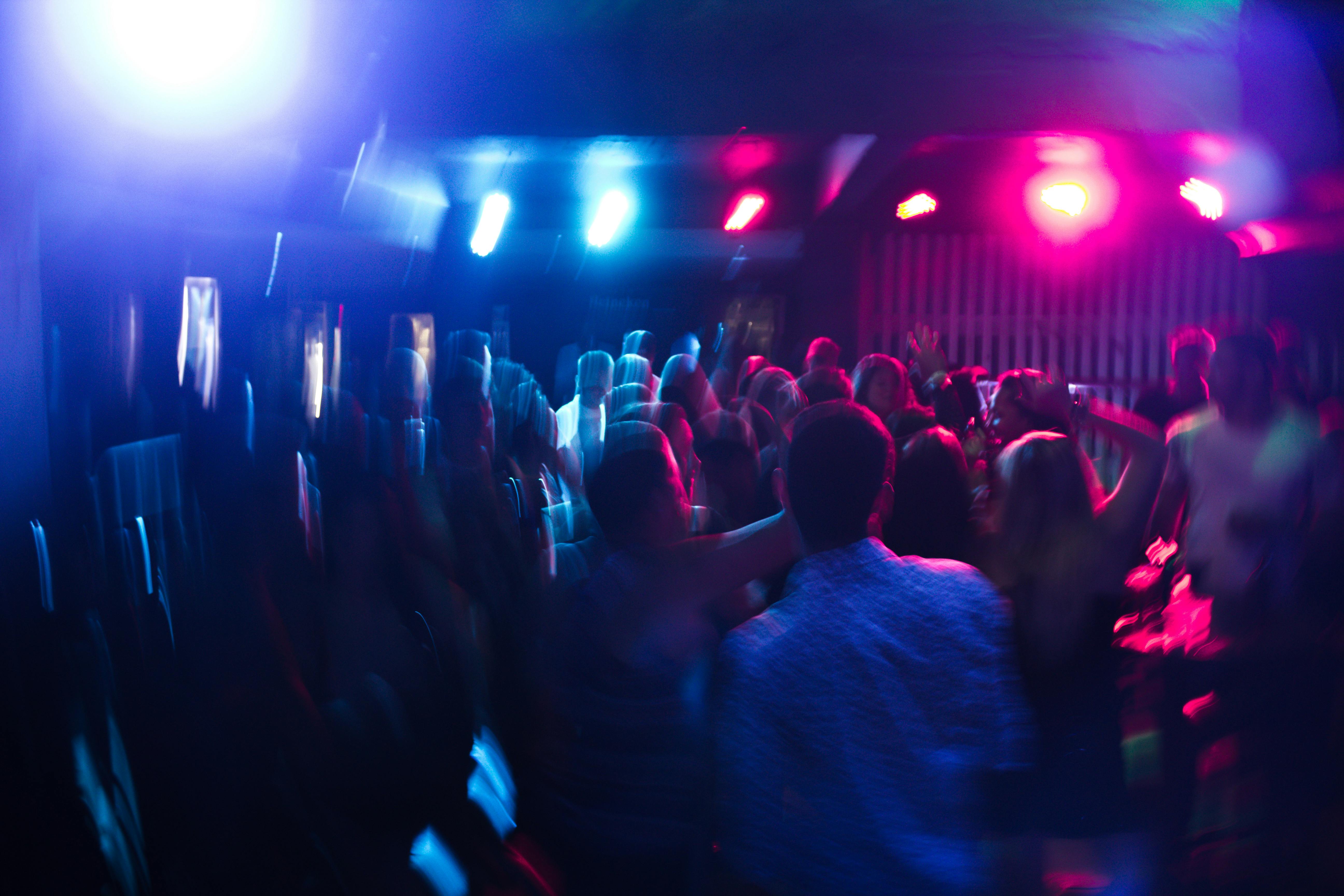
As tolerance for noise shrinks, bars, concerts, and crowded venues become more irritating than entertaining. Aging often brings a lower threshold for overstimulation. Many prefer the calm of their own space where they can think clearly, hear conversations without shouting, and actually relax.
3. Dressing Up Feels Like Work
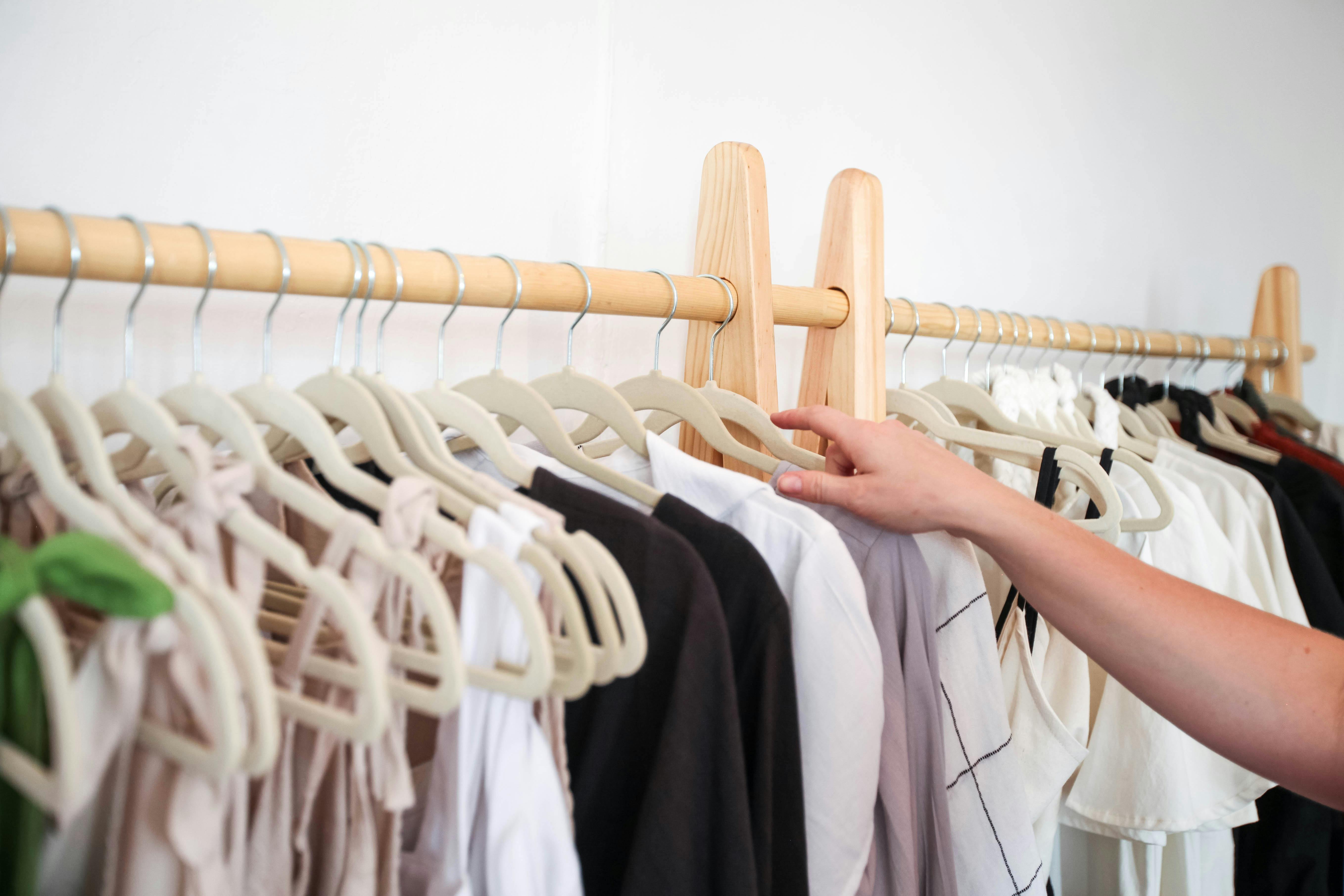
The process of getting ready to go out takes more effort with age. Picking the right clothes, doing hair and makeup, or even just putting on proper shoes can feel like a time-consuming task. Comfort takes priority, and the idea of changing out of cozy clothes to impress others loses its charm. For many, staying home in relaxed attire feels more rewarding than spending time prepping for an event. Choosing comfort over presentation becomes the norm, making nights in much more appealing than nights out.
4. Early Bedtimes Feel Better

Getting older often means your sleep schedule shifts naturally. Many people start waking up earlier and feeling drowsy sooner in the evening. Late-night outings, once exciting, now interfere with the quality of sleep and make the next day harder to manage. Staying out past a certain hour can lead to physical fatigue and mental fog the next morning. Rather than risk a sleep-deprived day, many people simply stay home and stick to their evening routine. They value restful nights more than social events that leave them tired and off-balance.
5. Priorities Shift Toward Peace

With age comes clarity about what truly matters. The constant stimulation of social life becomes less attractive when peace and personal time take center stage. Rather than chase every invite or event, older individuals often choose solitude, hobbies, or a quiet meal with family. They seek activities that bring lasting contentment instead of temporary excitement. The desire for a calmer lifestyle becomes stronger, and the decision to stay home is not about boredom, but about choosing a peaceful rhythm over the rush of constant activity.
6. Social Circles Shrink
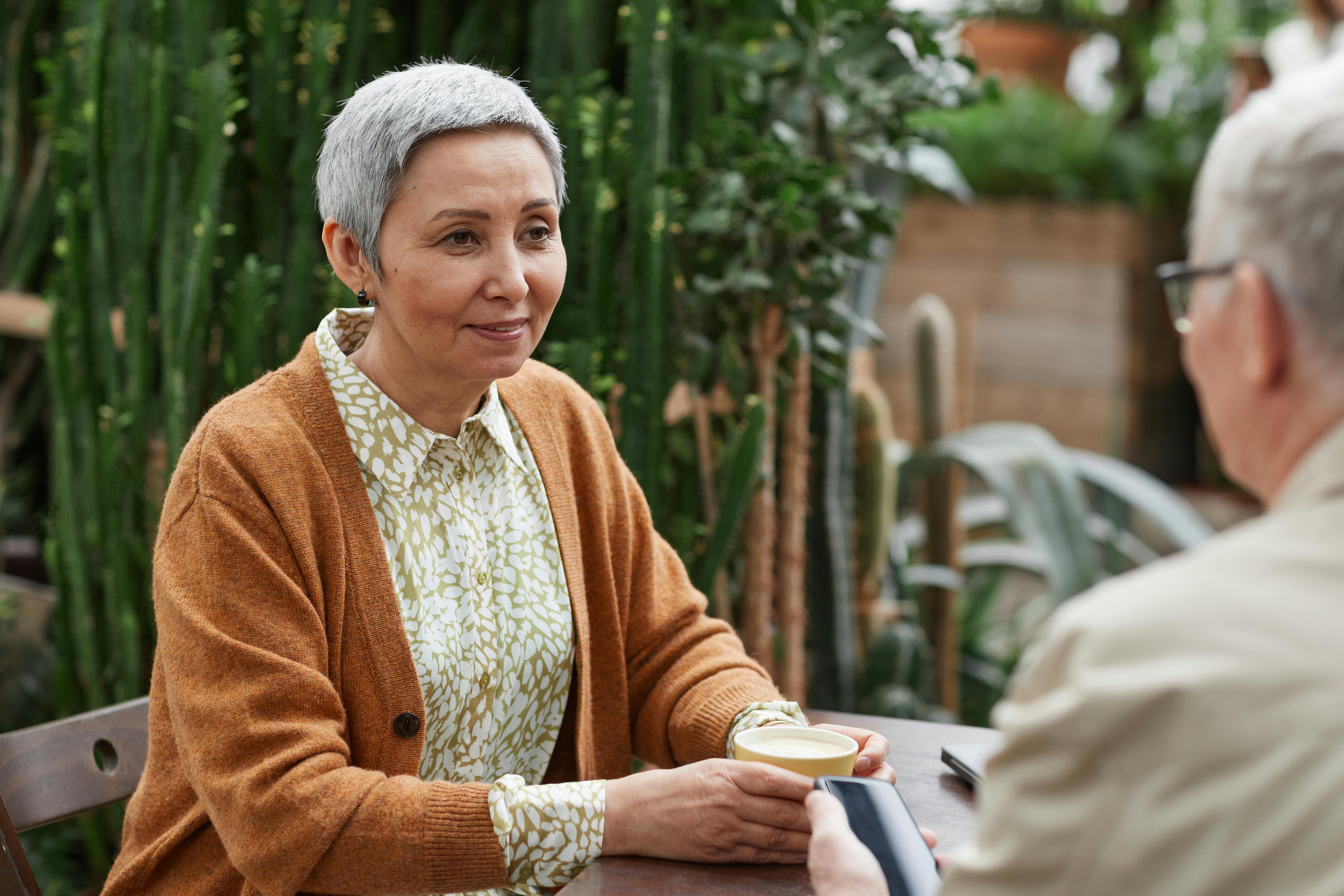
As people age, they often focus more on quality than quantity when it comes to friendships. The big social networks from earlier decades tend to shrink down to a few close, trusted friends. Invitations to casual get-togethers or parties may lose their appeal when compared to deeper, more meaningful conversations at home. Maintaining a smaller circle takes less emotional energy and feels more rewarding. As a result, many people choose to stay home and spend their time in more intimate ways that feel personally fulfilling.
7. Health Concerns Arise
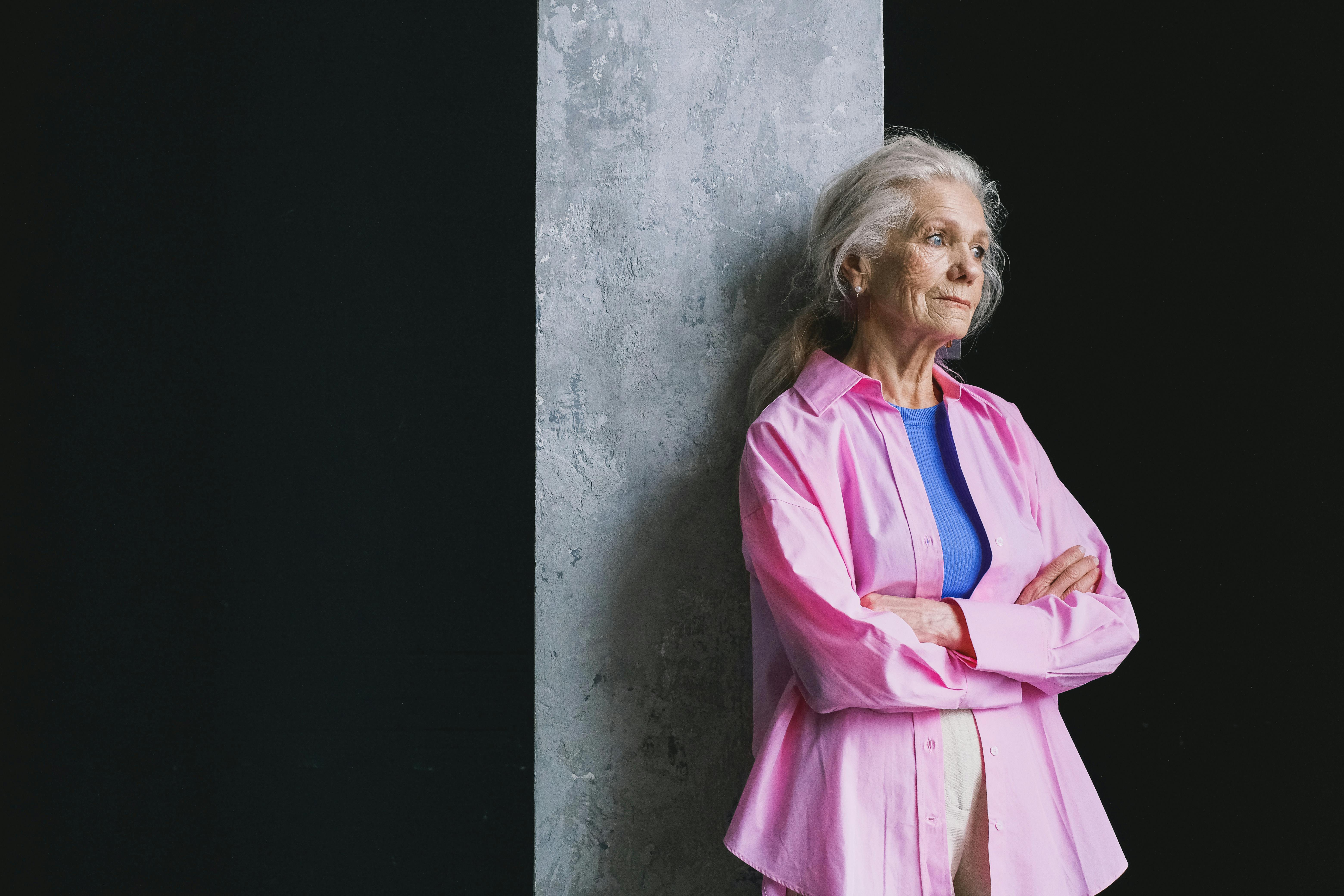
Aging often brings physical changes that make outings more challenging. Chronic pain, lower energy, slower mobility, and digestive issues are just a few factors that can make social plans seem risky or tiring. There is also a greater awareness of avoiding illness, especially in crowded environments. Even minor discomforts like standing for long periods or eating unfamiliar foods can lead to hesitation. Staying home allows for better control over health needs, routines, and comfort. People feel safer and more in tune with their bodies when they stay in familiar surroundings.
Read More: Does Your Home Feel Uninviting? 9 Common Reasons Why
8. Going Out Costs More

A simple evening out can become unexpectedly expensive. Between rising prices for food, transportation, entertainment, and even tips, costs add up quickly. Many older adults become more mindful about how they spend their money, especially when on fixed incomes. The appeal of staying home grows when it offers a more affordable way to enjoy time, whether that means cooking at home, watching a movie, or relaxing in the backyard. Saving money becomes a practical reason to skip outings that no longer feel worth the price.
9. Traffic and Parking Are Hassles

What used to be minor frustrations now feel like major deterrents. The stress of navigating heavy traffic or circling for parking can instantly ruin the excitement of going out. As patience wears thin, many people question whether the outing is worth the trouble. Even short drives can feel like a burden, especially at busy times of day. Staying home eliminates that stress altogether. It allows for a smoother, more enjoyable experience that does not involve time wasted in a car or hunting for a parking spot.
10. Public Restrooms Become a Dealbreaker

As people age, they become more aware of the hassle of using public restrooms. Cleanliness, accessibility, and privacy all become bigger concerns. Whether it’s poorly stocked supplies, long lines, or awkward layouts, the experience can be frustrating. At home, everything is familiar and sanitary. The comfort of knowing exactly where everything is, without worry or stress, makes staying in far more appealing. For many, avoiding the unpredictability of public bathrooms becomes a surprising but valid reason to skip going out altogether.
11. Home Feels More Entertaining Than It Used To

With endless streaming services, online games, audiobooks, and smart TVs, home entertainment has improved dramatically. People no longer need to leave the house to find excitement or stimulation. Watching a favorite series, listening to music, or reading a good book can feel just as satisfying as a night out. The convenience of entertainment at home removes the need to plan outings or spend money. Older adults often choose to stay home because their favorite entertainment is already within reach, no tickets or reservations required.
12. Cooking at Home Feels More Satisfying

Many people rediscover the joys of home cooking as they age. It gives them control over ingredients, flavors, and portion sizes, and it can be much healthier and cheaper than dining out. Instead of noisy restaurants or takeout, they can enjoy a quiet meal in their kitchen. Preparing food becomes an act of care, not a chore. It also allows for dietary needs and preferences that restaurants might not accommodate. The act of staying home and cooking feels both practical and rewarding.
13. Safety Concerns Are More Real

Safety becomes a more serious consideration with age. Whether it is fear of falling, trouble seeing at night, or concern about unfamiliar areas, many people feel more vulnerable when they go out. Crowded streets, heavy traffic, or even the possibility of crime might lead someone to reconsider evening plans. Being home feels like a safer, more controlled space. That sense of security helps explain why staying home is often preferred over venturing into unpredictable or risky environments.
14. Weather Feels Like a Bigger Obstacle

Bad weather becomes more of a hassle with age. Heavy rain, icy sidewalks, extreme heat, or even high winds can affect comfort and safety. For someone dealing with joint pain or limited mobility, even a quick outing in poor weather can feel unpleasant or dangerous. Choosing to stay home on days with uncomfortable weather conditions becomes a logical and easy decision. People would rather avoid the elements than take unnecessary risks for optional activities.
15. Crowds Cause More Discomfort

Large crowds can create physical and emotional stress. Navigating through tightly packed spaces or standing in long lines becomes harder with age. The noise, constant motion, and lack of personal space can make social outings feel overwhelming rather than enjoyable. Some people also experience social anxiety or claustrophobia in busy places. Staying home offers quiet, control, and freedom from the unpredictability of crowds. Many find this far more appealing than dealing with packed events or crowded public spaces.
16. Alone Time Feels Restorative

As people get older, they often begin to enjoy and even crave solitude. Time alone helps them recharge, reflect, or engage in hobbies that bring personal fulfillment. Rather than feeling lonely, being alone can feel peaceful and productive. It offers a break from social obligations and outside expectations. This sense of restoration encourages people to stay home more often, especially when they feel mentally or physically drained from other parts of life.
Read More: 9 Habits of Couples Who Keep the Spark Alive, No Matter How Many Years They’ve Been Together
17. Technology Replaces In-Person Needs

From video calls to online shopping and grocery delivery, technology has made it easier than ever to manage life from home. Older adults use these tools to stay connected with loved ones and meet daily needs without stepping outside. Rather than drive to appointments or errands, they can access what they need with a few taps on a screen. This convenience reduces the need to go out and increases the desire to stay home, especially when it saves time and energy.
18. Noise Sensitivity Increases

Aging can make people more sensitive to sound, especially loud or unpredictable noise. Environments like restaurants, movie theaters, and public transportation can feel too intense or jarring. Hearing loss or tinnitus can also make it harder to follow conversations in noisy spaces. Rather than struggle to focus or feel overstimulated, many prefer the quiet of their home. It becomes easier to relax, communicate, and enjoy their environment without the constant buzz of public life.
19. Pets Offer Companionship at Home

Pets become more important as people grow older. Dogs, cats, and even small animals provide comfort, routine, and emotional connection. Some people avoid going out too often because they do not want to leave their pets alone for long stretches. Caring for animals also creates a reason to stay home more often, especially for feeding, walks, or playtime. The companionship pets provide often outweighs the appeal of social events, making home the most meaningful place to be.
20. Less Interest in Small Talk

As people grow older, they often lose patience for surface-level conversations. Small talk at parties or social events can feel repetitive or unfulfilling. Many prefer meaningful dialogue with close friends or quiet time alone. Rather than spend energy on shallow socializing, they stay home and focus on the relationships or activities that bring deeper satisfaction. This shift in values makes going out seem unnecessary.
21. Home Becomes a Sanctuary

With time, people put more effort into making their homes feel like personal sanctuaries. From cozy furniture to calming décor, home becomes a retreat from outside stress. The more comfortable and peaceful the space, the less appealing it feels to leave it behind. People who have built an environment they truly enjoy often choose to stay home rather than seek comfort elsewhere.
22. Physical Limitations Make Outings Harder
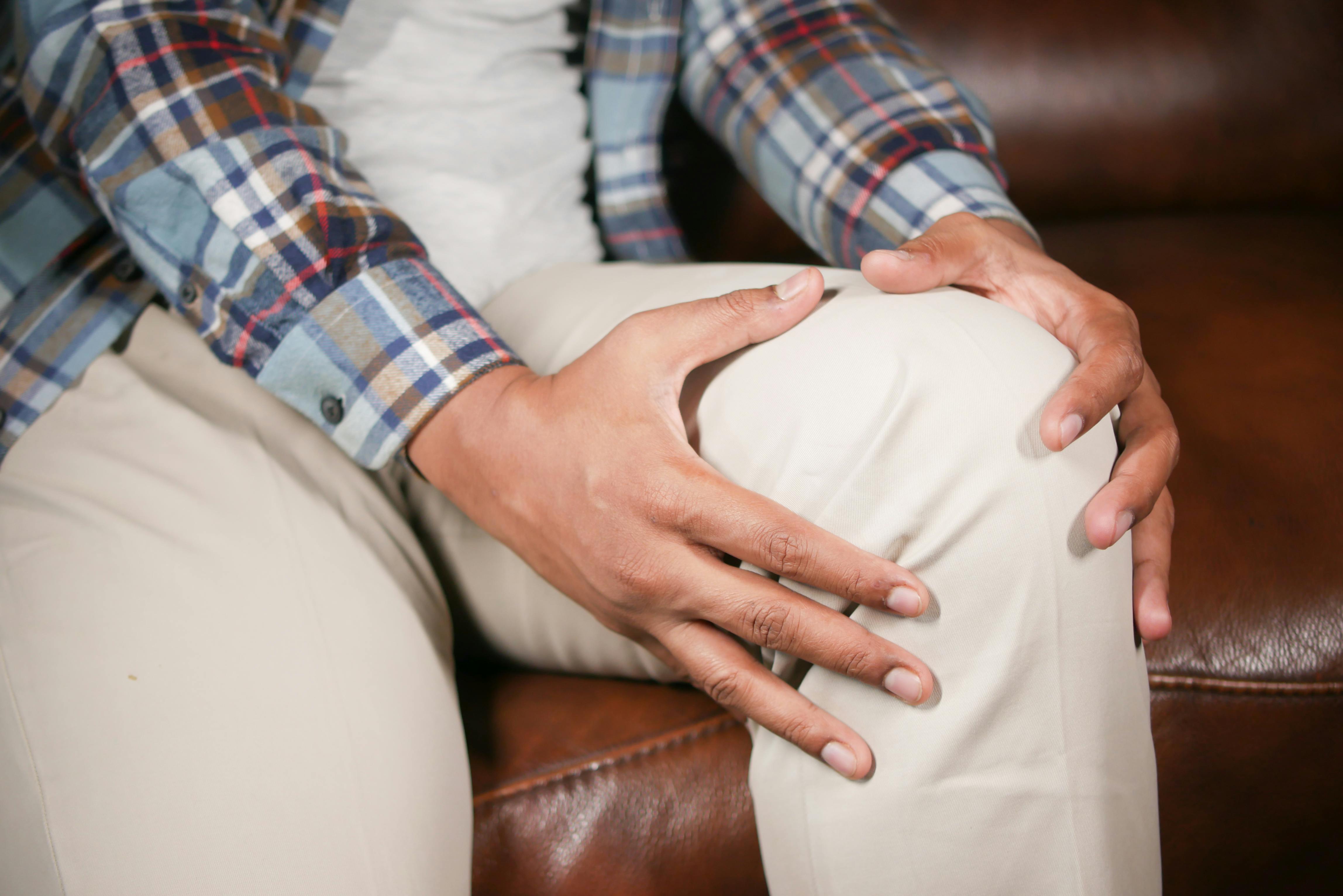
Conditions like arthritis, joint stiffness, or balance issues make even simple outings more challenging. Climbing stairs, walking long distances, or standing for long periods can cause discomfort. Instead of pushing through pain or inconvenience, many people decide to stay home and avoid unnecessary strain. It becomes a choice that respects their limits while keeping life manageable.
23. Time Feels More Valuable

Older adults often feel a stronger awareness of how they spend their time. They become more selective with their commitments and avoid plans that do not bring real enjoyment. Going out just to fill time loses its appeal. Staying home allows them to use their time in ways that feel meaningful, whether that means relaxing, learning, or spending time with loved ones.
24. Less Pressure to Impress Others

With age comes freedom from social pressure. People no longer feel the need to prove anything by attending events or being seen in certain places. The desire to impress others fades, and personal comfort takes priority. Many stay home because they no longer care about outside opinions and feel happier doing what suits them.
Read More: 10 Things That Happen When You Stop Having Sex
25. More Fulfillment from Hobbies

As people get older, they often return to hobbies they once loved or find new ones that bring joy. Reading, gardening, painting, or even doing puzzles can feel more rewarding than going out. These activities offer personal growth and happiness without leaving the house. Staying home becomes a natural choice when your favorite things are already there waiting for you.
26. Public Spaces Feel Less Welcoming

Crowded restaurants, busy shopping centers, and fast-paced environments can start to feel uninviting. Long waits, poor service, and noisy customers all add to the discomfort. As patience wanes, people prefer the calm and control of home. They avoid spaces that feel rushed or stressful and instead choose environments where they feel respected and relaxed.
27. Fewer Invitations Come In

Social calendars naturally quiet down with age. Friends might move away, become busy with family, or choose to stay home themselves. With fewer invitations and obligations, people get used to quiet routines. The lack of social pressure helps them settle into home life and embrace solitude without feeling left out.
28. Changing Taste in Activities

The types of activities that once felt exciting may no longer appeal. Nightclubs, large events, or trendy restaurants lose their charm. People develop different interests as they age, and many of those interests fit better with a home-based lifestyle. Staying in becomes the preferred choice when it matches your personality and current stage of life.
29. Emotional Clarity Grows
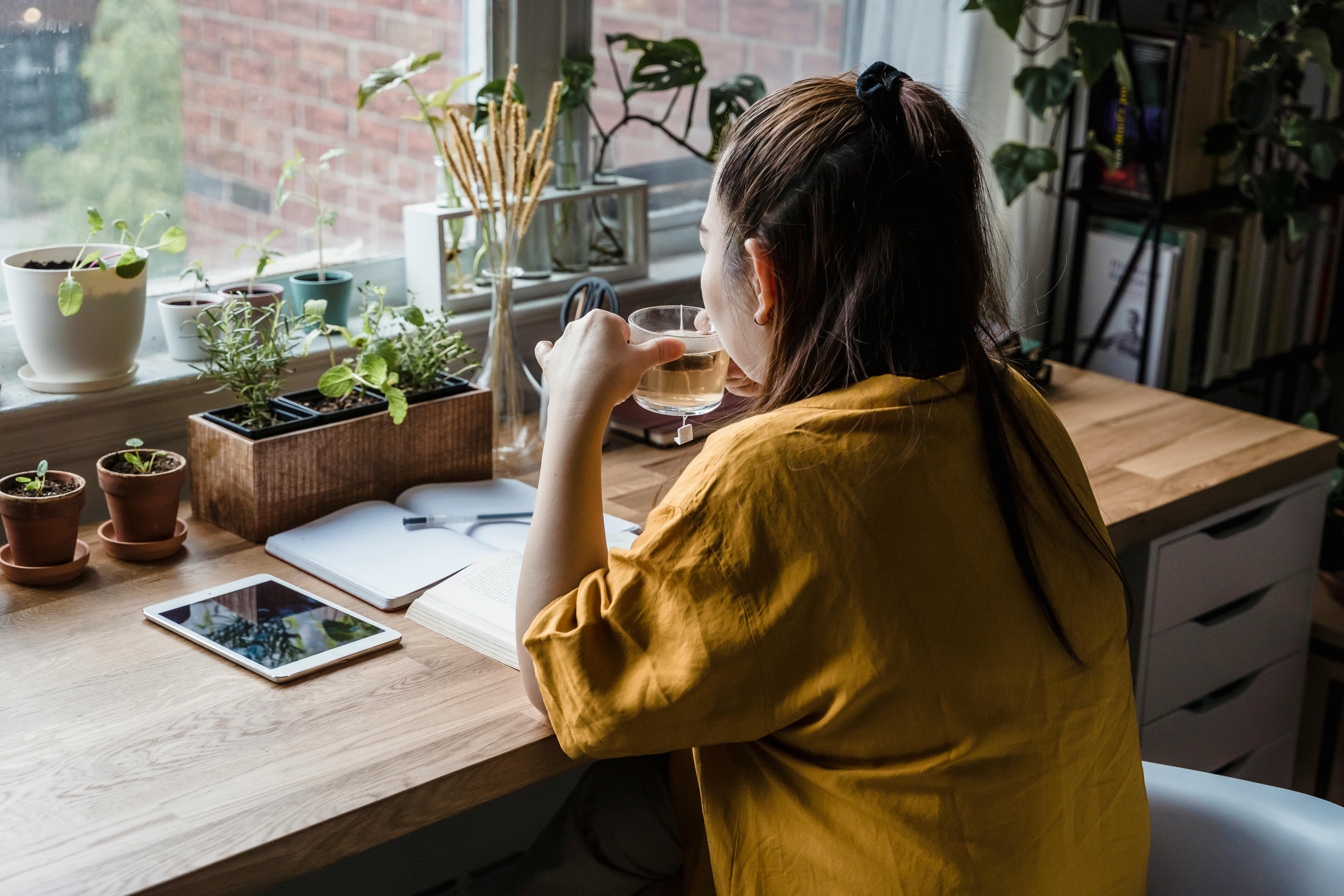
With maturity comes emotional clarity. People understand what drains them and what energizes them. They recognize which plans feel like obligations and which ones are truly enjoyable. This insight helps them choose wisely and decline invitations that do not align with their values. Staying home often supports better emotional balance and mental peace.
30. Staying Home Just Feels Right

Sometimes, no big reason is needed. Staying home simply feels good. It offers quiet, control, and comfort that many people value more than anything else. The decision to stay in is not always based on health or money. It is often just a feeling that home is where they are happiest. That simple truth shapes behavior more than anything else.
Conclusion

The choice to stay home more often as people age comes from a mix of physical, emotional, and practical reasons. Life becomes more focused, and comfort starts to outweigh the thrill of going out. Whether it is health, energy, budget, or personal preference, home offers a kind of peace that becomes more important with time. Rather than fear missing out, many people feel content with the life they have created inside their own four walls. And for them, that is more than enough.
Disclaimer: This article was created with AI assistance and edited by a human for accuracy and clarity.
